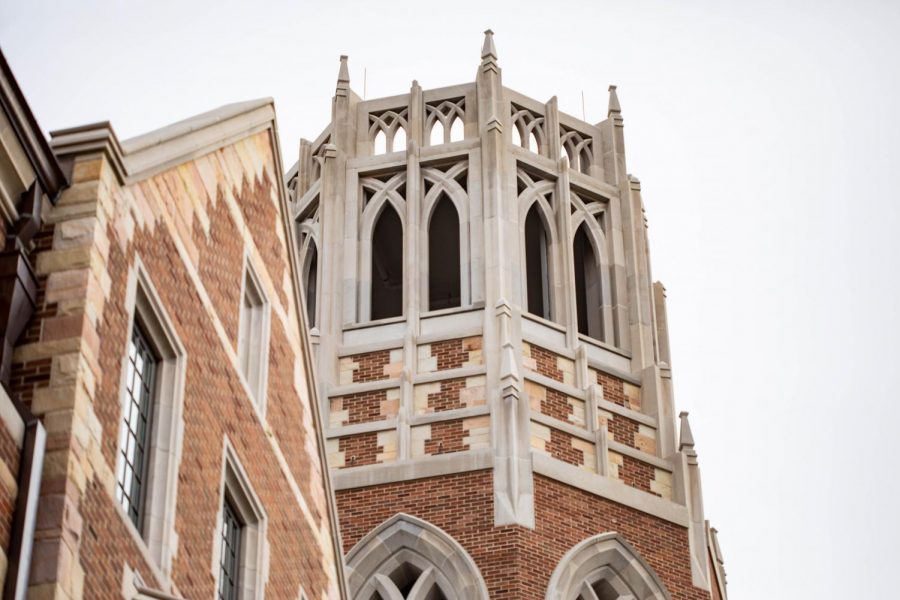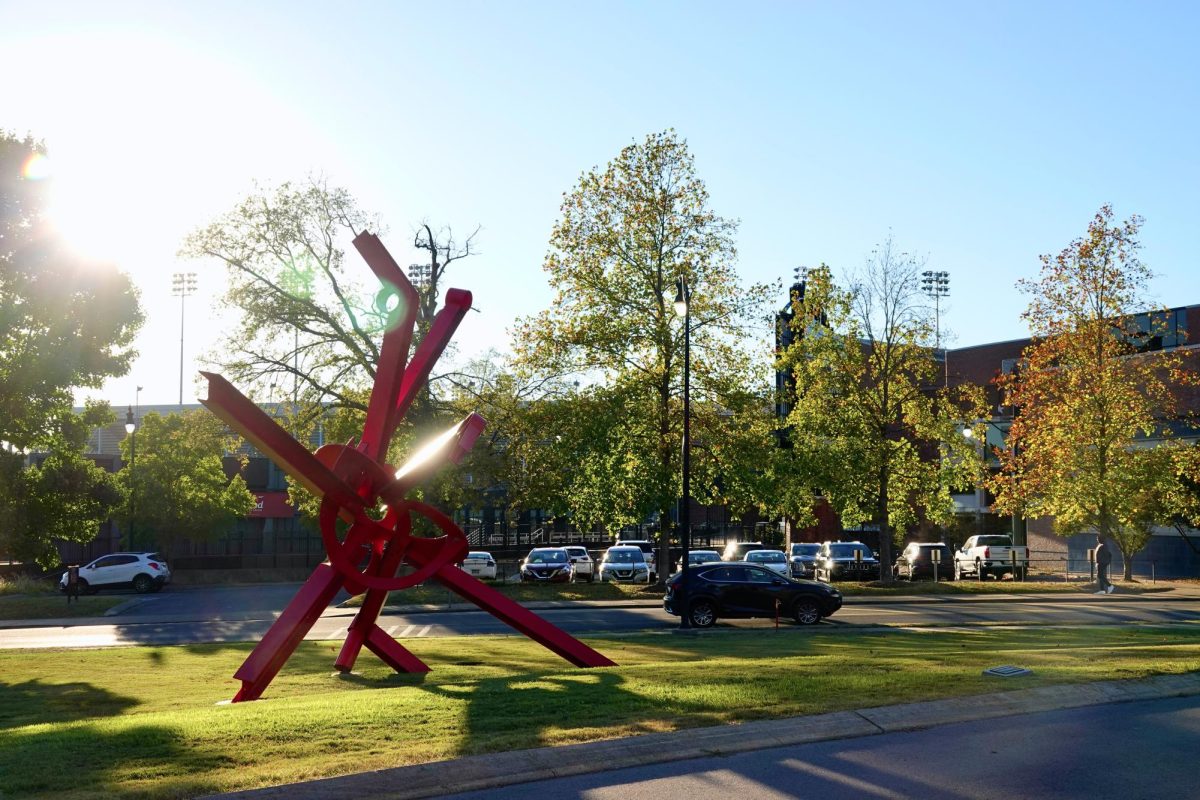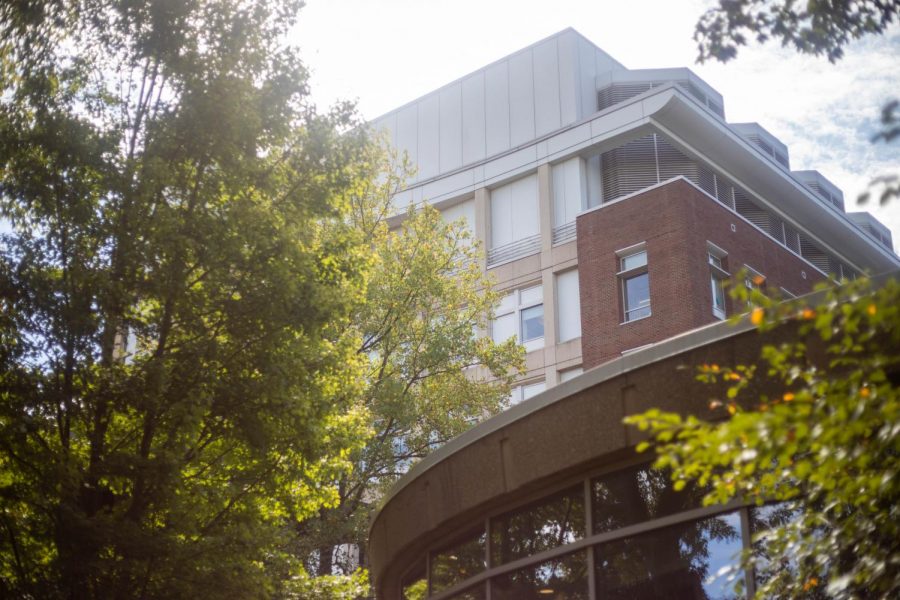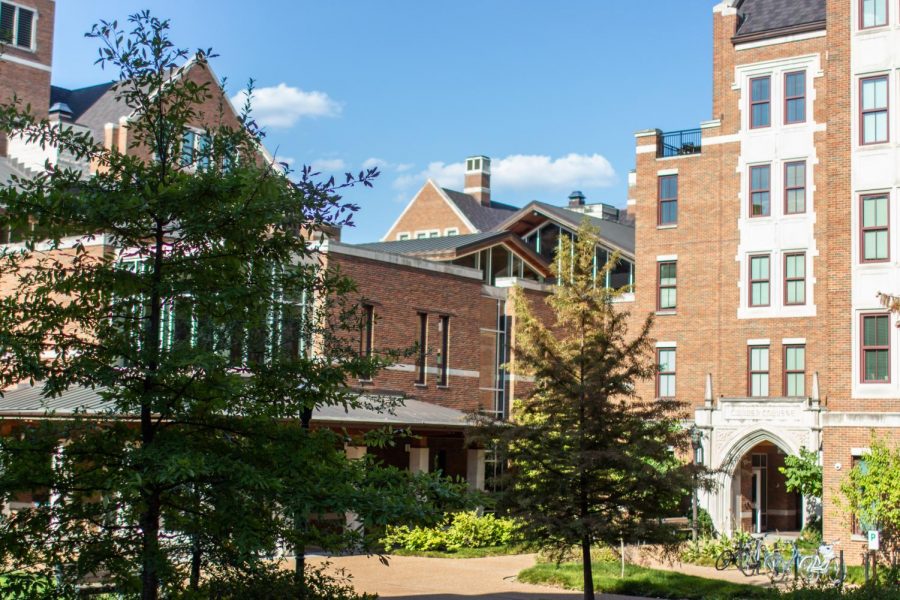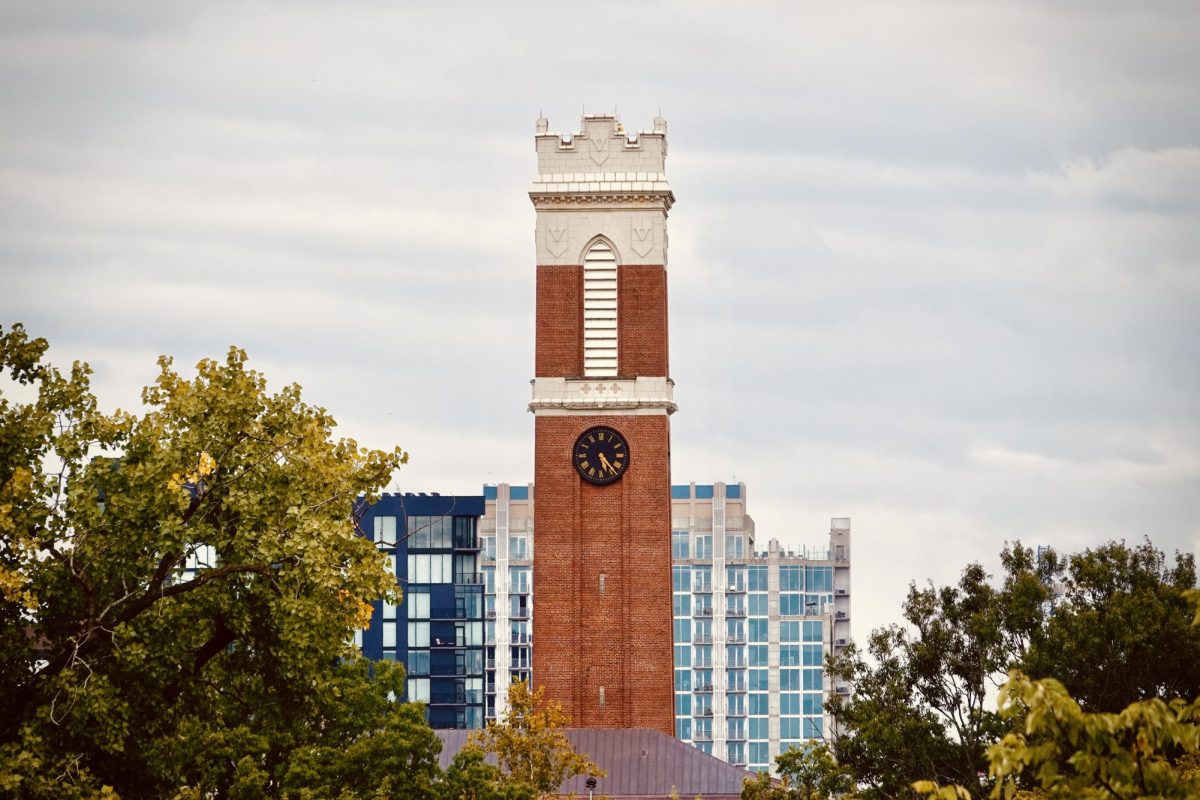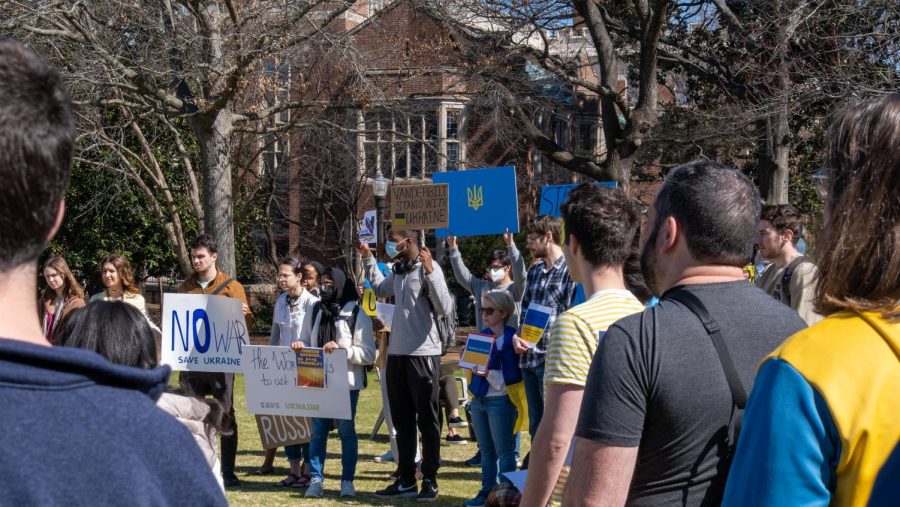On June 16, the university gave us ten days to decide whether or not we wanted to come back to campus. However, many students’ plans still remain uncertain due to the unpredictability of international flights, travel bans and immigration issues. So far, the administration has only replied with an email containing instructions to request remote study. Ten days is not enough time.
I am writing this because Vanderbilt has failed international students many times over the course of this year. I am writing this because I don’t know when I will be able to come back. I am writing this because I don’t believe that the university truly cares about or understands the future and wellbeing of its international students.
When I decided to attend Vanderbilt three years ago, I packed my life into 3 suitcases and embarked on a 30-hour journey to Nashville. I remember tiny ice cream pints from that first sleepless flight and a sense of wonder, but also fear and uncertainty, over being 8,395 miles away from my home in Vietnam.
Over these three years, my Vanderbilt experience has expanded beyond those 50 pounds I was allowed to carry with me across the ocean. I have made friends that I hope to keep for life, formed connections with my professors, bought books and clothes on a whim, changed my job, overindulged in lactose at the Grilled Cheeserie and have also acquired too many postcards and rubber ducks. I reached out for help and for the first time in my life, I had a therapist, a psychiatrist and was able to attend group therapy.
Vanderbilt has become my home.
Travel/Housing Concerns
After the eviction notice, the only communication specific to international students from the university was an email from the International Student & Scholar Services with guidance regarding immigration, which left us concerned about our inability to safely return home or to campus.
Two days later, an extension for international students to stay on campus was issued. However, it was a temporary plan. It didn’t address the impact on refunds or the possibility of further travel restrictions, which would likely prevent some international students from returning to their home countries.
Refunds/Health Support
Refunds were administered according to the date the students left, which clearly disadvantaged international students. Many of us weren’t leaving campus due to various reasons beyond our control; and at that time, we didn’t have anywhere else to go. We weren’t able to leave on such short notice, but the university didn’t consider this when they emailed their refund policies.
In addition, although we already paid for our insurance and student services fees, the university didn’t attempt to facilitate the transition to remote services, especially regarding its mental health services. We didn’t receive any specific guidance regarding prescriptions or the possibility of scheduling phone appointments with our providers without access to our US phone numbers.
In my case, I couldn’t acquire a sufficient prescription override for my medications; the University Counseling Center was not equipped to provide support for such requests. I left the country with a one-month supply even though I wasn’t sure I could get my prescriptions in Hanoi, and I didn’t know when I would come back. However, I was still fortunate enough to receive some of my prescriptions. If I hadn’t had experience dealing with my insurance from my past summers going home, I wouldn’t know how to request an override. Twenty-seven days after I had arrived home, the Office of Student Care Coordination informed me that I was eligible for online therapy sessions.
Classes
Although the university provided some guidance on teaching online classes to professors, Vanderbilt has continued to make wrong assumptions about the accessibility of online courses. This includes students’ ability to attend live classes, internet access and capability to find a designated place to study with no distractions. Initially, my professors expected me to attend classes at different times ranging from 10 p.m. to 2 a.m., which could’ve been avoided if the university provided sufficient guidance regarding international students’ class attendance. I contacted my professors personally, who remained understanding, but I believe that students would have benefited from stronger support from the university.
Future Plans
The university has also not clarified where students would be able to reside. The housing selection process was put off “until after finals,” but we only received brief information in the Return to Campus Plan, and many questions remain unanswered: Where exactly will we live? How will the residential experience change? How will the cost be affected? When should we return to campus, and will we have to stay in a quarantine? The College of Arts & Science also sent an email regarding students who would prefer to learn remotely for the fall semester. Housing for in-person learning in the spring will not be guaranteed to these students, which puts international students at an additional disadvantage because our choice for the fall will impact our lives in the spring, a decision that many aren’t yet equipped to make.
In addition to this, the Return to Campus webpage states that “the decision to begin the semester enrolled in on-campus instruction will be accompanied by acknowledgement of responsibility for full payment of tuition, housing costs and relevant fees. No refunds will be issued if the need to finish the semester remotely arises.” The university is placing undue pressure on students to decide what to do regarding next semester, and they aren’t giving us enough time to do so.
In a virtual town hall held on June 20, our concerns were dismissed again. The administration directed us to seek assistance through existing supports, although it is clear that international students need additional guidance and resources to be able to return to campus safely.
While the university stated that “all undergraduate students are invited to return to campus for in-person studies in the fall,” there is no guarantee that we won’t be evicted again, nor do we know that there will be housing for students if the pandemic worsens.
Vanderbilt has failed its international students by ignoring our concerns and uncertainties in a situation where we needed the university’s support the most.
While this is no longer unexpected, I didn’t want to believe that the university would leave us behind again. I’m unsure what the future holds for me right now. I know that I want to be on campus again, not because of the university’s support, but because I refuse to leave my friends or the community I have found over these three years.
To international students and all of those who are struggling with the university’s plan, I want you to know that even from far away, we do make a difference. We are a part of Vanderbilt, and until we all know what is coming next, we will continue working on making Vanderbilt a place where we can all feel safe. To us, this can mean emailing different offices, reaching out to professors, organizing safe spaces (even on Zoom!) for students to express their concerns and needs. We need to hold the university accountable. Most importantly, students must stick together to push for answers and changes. It is imperative that the university provides support and clear communication to students throughout this process to help us with building, strengthening and upkeeping the community that has made Vanderbilt our home.

